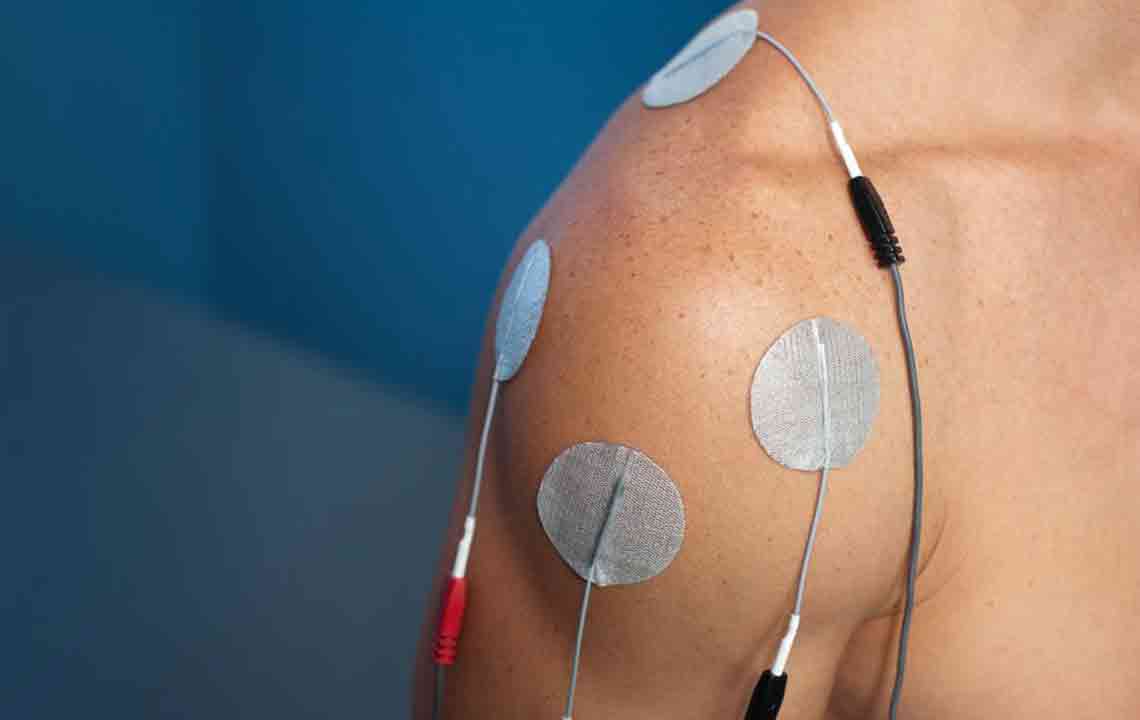Root Causes of Neck and Shoulder Discomfort
Explore the common causes of neck and shoulder pain, including muscular strains, injuries, degenerative issues, and postural problems. Learn how interconnected these regions are and discover treatment options for relief. Most discomforts can be managed effectively with conservative measures, though severe cases may require medical intervention.

The cervical and shoulder regions are intricate structures composed of bones, muscles, and tissues. This area often experiences discomfort, stiffness, injuries, and degenerative issues. The pain in these regions can arise from a variety of factors and may occur separately or simultaneously. Understanding the common causes of neck and shoulder pain is essential for effective treatment.
What leads to neck pain?
Our neck muscles are engaged constantly, even without awareness. This makes them prone to strains, sprains, or injuries. A common cause is muscle strain due to overuse or sudden movement.
Neck pain sources include issues such as poor posture, trauma, tumors, degenerative conditions, and bone abnormalities.
What causes shoulder pain?
The shoulder's ball-and-socket joint allows extensive movement, making it susceptible to injuries. Overexertion, joint instability, tendinitis, dislocations, frozen shoulder, and fractures are typical causes of shoulder discomfort.
Is there a link between neck and shoulder issues?
Neck and shoulder pain are often interconnected. The neck's structure involves seven small bones vulnerable to misalignments, arthritis, or degenerative changes. Conditions like cervical radiculopathy, caused by nerve root compression from issues such as bone spurs or spinal stenosis, can radiate pain into the shoulders. Conversely, shoulder injuries or conditions like rotator cuff tears and bursitis may contribute to neck pain. Soft tissue damage and postural problems like forward head posture also play a significant role.
Soft tissue injuries in muscles, tendons, and ligaments can cause discomfort in both areas. Whiplash, often resulting from car accidents, is a typical cause, leading to muscle and ligament strains. Poor posture from prolonged desk work can also cause muscle tension, weakness, and postural distortions like kyphosis, impacting both neck and shoulders. Thankfully, most cases respond well to conservative treatments like ice, medications, and physical therapy. Surgical intervention is reserved for severe cases involving nerve damage.
Note: The information shared is meant for educational purposes and should not replace professional medical advice. Always consult healthcare providers for diagnosis and treatment. The website is not responsible for discrepancies or additional offers available elsewhere.










